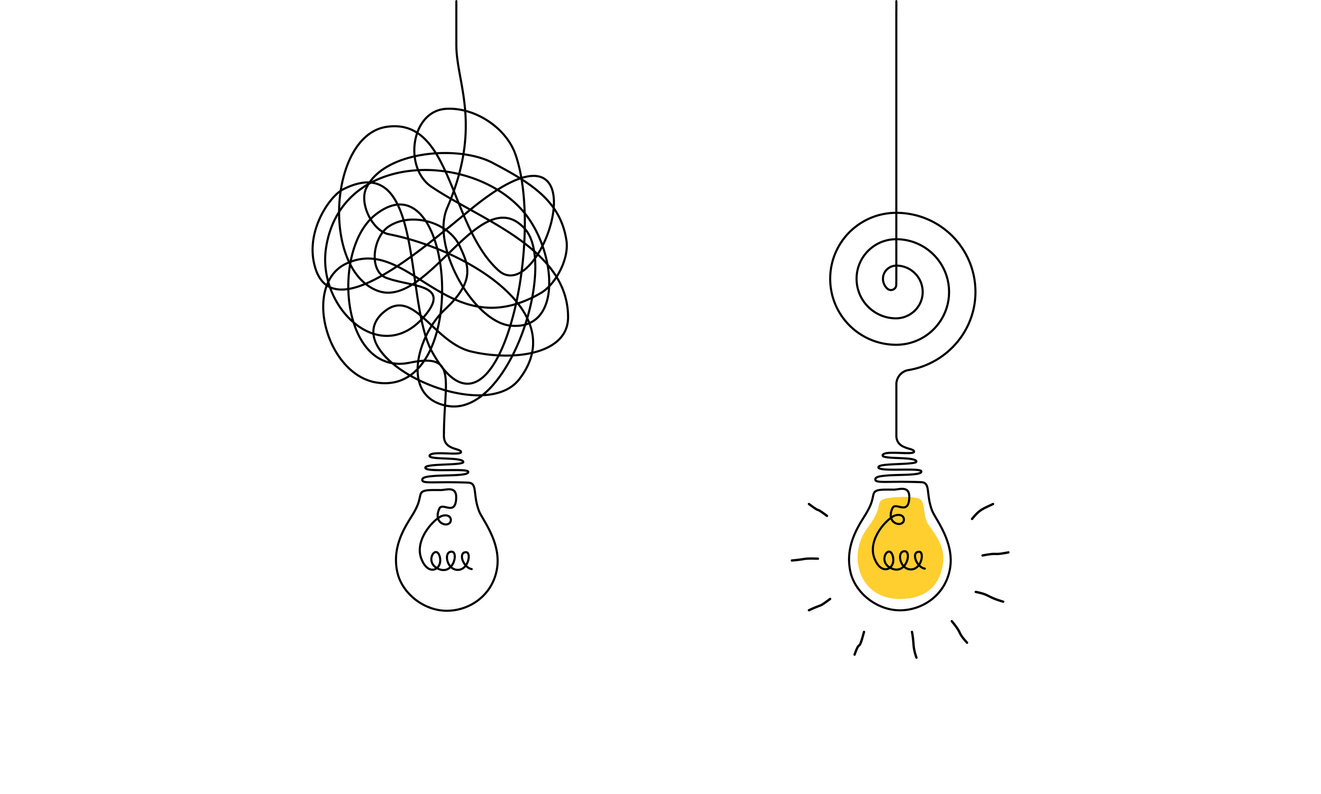I work with an integrative framework that enables me to draw from different therapeutic theories and practices such as a psychodynamic approach, attachment theory, and play therapy, to ensure that each therapy session is unique for every individual client.
The root of my practice is to build a trusting therapeutic relationship offering a person-centred approach to create a compassionate, non-judgmental, confidential, safe, and empathic space for your child or adolescent. Your child can work through and start to make sense of their feelings and experiences.
Why Integrative Psychotherapy?
Integrative Psychotherapy (drawing from play therapy, attachment theory, and psychodynamic therapy) can support your child or teen to heal from difficult experiences. It can be challenging for them to talk about what worries them, which is so important to reach them through their interests that is meaningful to them from creative arts, music, gaming, and Manga.
Psychotherapy can support children and young people to make sense of sad, angry, and confusing thoughts and feelings that they are experiencing. It can enable more self-awareness and recognise their ability to self-regulate when experiencing these strong thoughts and feelings.
The Therapeutic Relationship
The therapeutic relationship is at the heart of psychotherapy and to form a strong therapeutic relationship, you must find a therapist that fits with your child or teen. Therefore, the initial meeting is a time for you and your child or teen to meet me, and ask any questions that you both may have.
A Safe Space
Boundaries are important in psychotherapy as they help to create a safe space for your child or teen to explore their thoughts and feelings. These boundaries include having the same time, day, and room for the psychotherapy sessions. By providing consistency, they help to build trust – essential for the success of psychotherapy.
The Process
Psychotherapy can support your child or teen when stressful events that they have experienced or witnessed have made them feel unsafe, helpless, or vulnerable. The focus is on compassion, listening, and understanding these events. This can help them to process events, so it has a less negative impact on their mind and body. Psychotherapy can also support your child or teen to find ways to cope with feelings and fears alongside supporting them to improve their mental and emotional wellbeing.
Sessional Costs
All therapy sessions cost £50 per 50 minutes.
I would recommend at least three sessions to see if counselling will be suited for your child.
Initial Meeting
First step – An opportunity to discuss your concerns about your child in a non-judgmental and confidential space by phone or in person.
Second step – To arrange a meeting ( in person) with you and your child (or your teen) to visit the therapy room and myself, to further discuss any other concerns or questions.
Third step – Book an assessment, which will be a more detailed and confidential history of the reasons that your child or teen would like to start therapy.
Final step – To book a regular day and time for the therapy sessions to begin.

